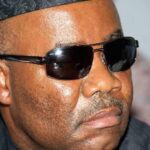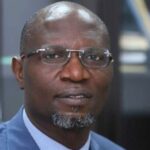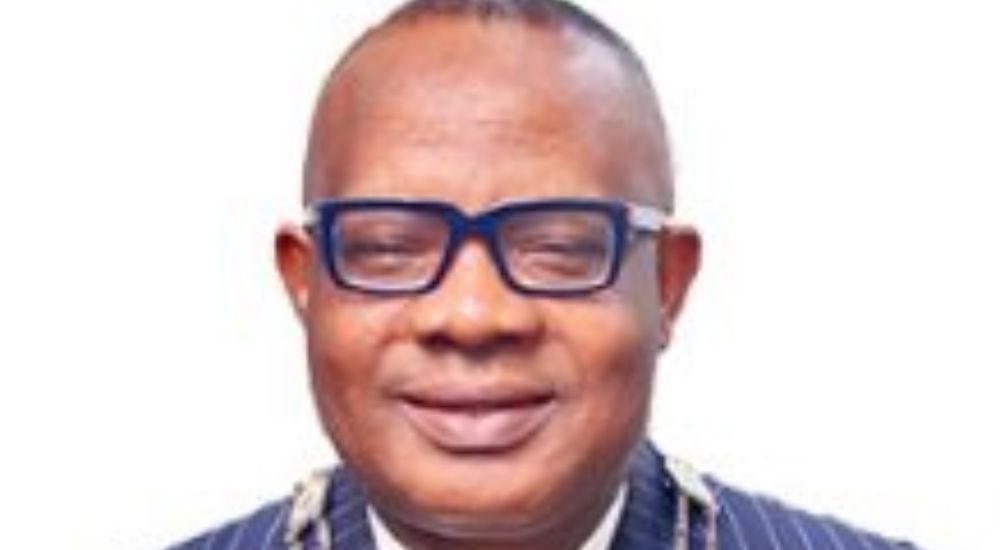Nigeria Needs Over $50bn To Bridge Infrastructure Deficit By 2030-SEC
The Director General of the Securities and Exchange Commission (SEC), Dr Emomotimi Agama, has indicated that the funding required to bridge Nigeria’s infrastructure deficit by 2030 significantly exceeds $50bn.
Agama made this statement during a conversation with THE WHISTLER on the sidelines of the second day of a stakeholder program titled “Financing the Future in Nigeria,” organized by the International Finance Corporation (IFC) and the Milken Institute in Lagos.
According to the SEC DG, while the financing needs have been identified, it is challenging to provide a precise figure due to the dynamic nature of the situation, particularly considering market volatility.
However, the amount required is certainly in the trillions to address Nigeria’s infrastructure needs.
“Between now and 2030, the amount needed far exceeds $50bn. The infrastructure requirements are immense, covering 36 states and the Federal Capital Territory. We need funding for roads, airports, healthcare, education, agriculture—it’s comprehensive,” he said.
Agama noted that Nigeria can leverage the local market to bridge the gap adding that the potential of Nigeria’s capital market, especially in terms of debt, has not been fully explored, largely because of a lack of awareness.
“The capital market is a key indicator of any economy. Nigerians can fund the capital market to achieve its goals and to make the capital market integral to the national economy.
“Recognizing that President Bola Tinubu has set the goal of growing a $1trn economy, we believe that is achievable. It can be done through the capital market, mining, oil and gas, agriculture, construction, housing development, and more.
“Infrastructure plays a crucial role, and if you consider everything we need to do to energize the economy, you realize that this goal is very possible,” he said.
Speaking on the programme, the Director, of Treasury Capital Market & Investments at IFC, Mr. Tom Ceusters, said the event was held to educate mid-level regulators and market infrastructure participants.
So far, he said about 224 Alumni from 56 countries, including 22 in Nigeria have been educated.
According to him, the IFC is satisfied after 8 years of its partnership with the domestic economy, saying “I think the results of the programme are very tangible. As we can see with the Director General of the SEC. He is an Alumni of the programme 6-7 years ago. And we see it in many places, where participants in the programme make the best of their careers and have an impact on respective regulations in the countries they operate in.
“We assess regulation changes. How many proposals are being made? That’s how we assess the impact of the programme, and that has been very impactful in terms of advancement in the introduction of new products into the market; and regulation in terms of capital market development.
In his comment, Chief Operating Officer and Chief Financial Officer, of Milken Institute, Mr John Hunter said the programme is a good start.
On what the regulator needs to do to drive finance to fund infrastructure deficits, he advised that “they must make the market attractive, look at all the basic elements of ease of doing business and examine what makes you attractive and less attractive.
Africa has the bargaining power. The huge population is an asset. They have a good story to tell, unlike the perception out there”.
Nigeria Needs Over $50bn To Bridge Infrastructure Deficit By 2030-SEC is first published on The Whistler Newspaper





